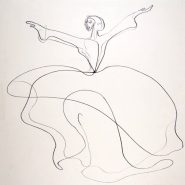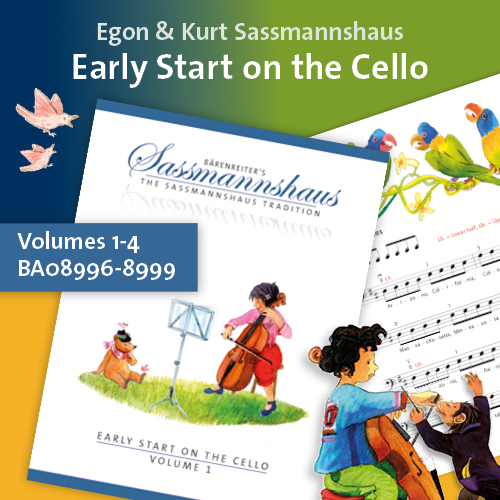Tag: freedom
By Anssi Karttunen March 9, 2019
Subjects Repertoire
Tags architecture, Brahms, color, flexibility, form, freedom, gesture, phrasing, precision
By Rebecca Merblum October 18, 2018
By Selma Gokcen May 6, 2014
Subjects Playing Healthy
By Selma Gokcen April 18, 2013
Subjects Playing Healthy
Tags abdominal muscles, affect, Alexander principle, Alexander Technique, attention, automatic process, breathing, breathing apparatus, breathing free, cello, cello pressing on chest, cellobello, chest cavity, conditions, correct position, divine influence, downward force of gravity, drink, efficient breathing, energy, enlivening, enter and depart life, exalting emotion, exercise, exhale, existing tension, expiration, food, freedom, freedom of the thorax and ribs, gases, Gokcen, gravity, guide, health, inspire, lungs, muscles, muscles relax, re-education, reducing air pressure, Selma, sequence, shift weight, straining for breath, touch, use affects function
By Selma Gokcen March 11, 2013
Subjects Playing Healthy
Tags aiming for a goal, Alexander Technique, automatic, balancing the instrument, bow, breath flowing, cello, cello technique, cellobello, conceptions, evaluate, Experience, exploring our habits, framework for self-study, freedom, fundamental knowledge, Gokcen, inner composer, lasting value of Alexander Technique, left hand, movement, muscular tension, music, musical expression, nervous system, phrasing, physical pleasure of playing, place of silence, Preconceived ideas, pressure in the sound, psycho-physical, re-training of musicians, reactions, refining sensation and awareness, self-study, Selma, Six Part Series, subconscious patterns of learning, tension, thinking, Thinking in a new way, working with music
By Lev Mamuya June 20, 2011
Subjects Pre-College
Tags cello, cellobello, classical music, conservatory, festivals, freedom, lessons, Lev, Mamuya, music, passion, practice habits, rehearsals, stress, Summer






